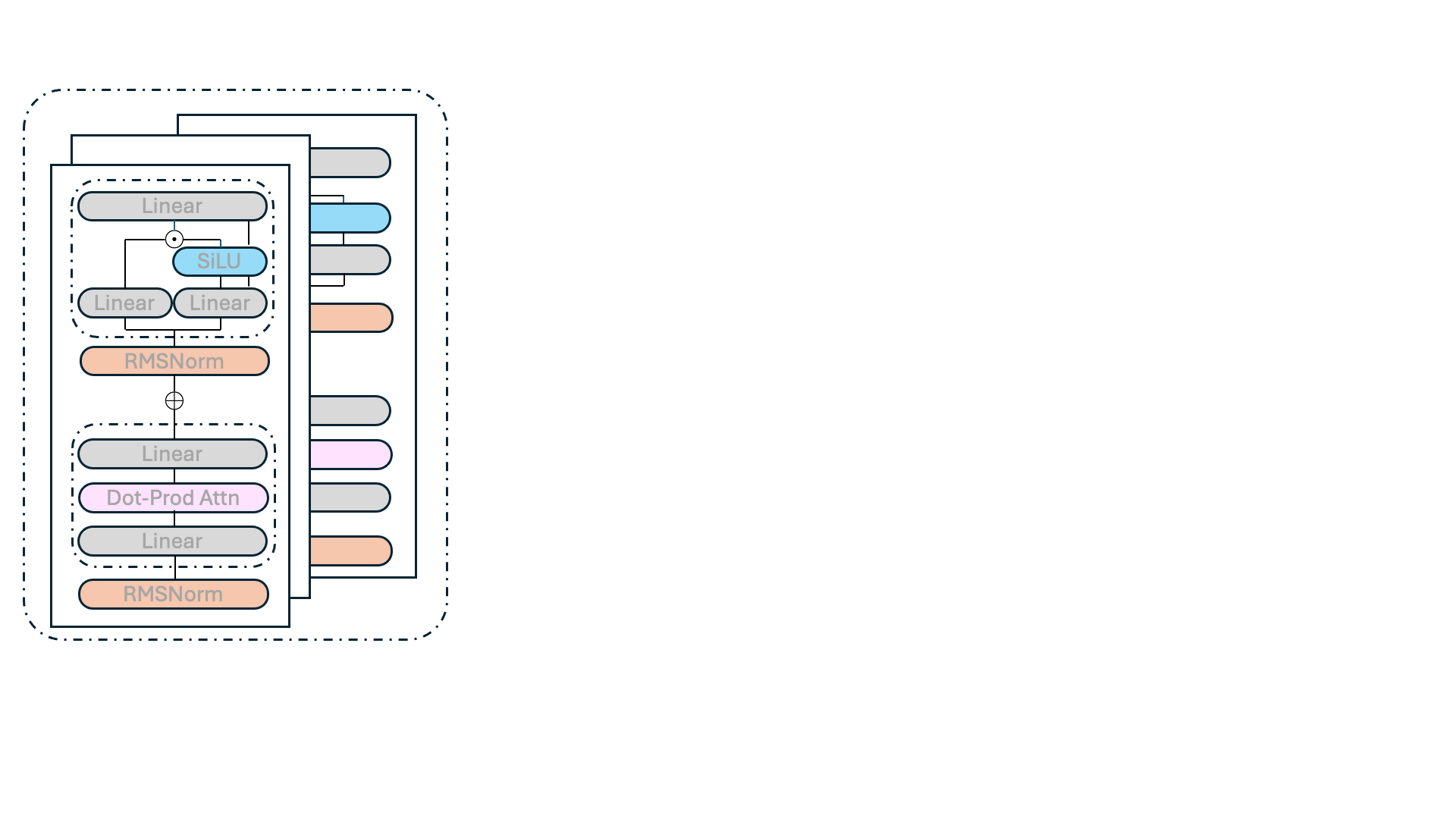Customer-obsessed science


Research areas
-
August 8, 2025A new philosophy for developing LLM architectures reduces energy requirements, speeds up runtime, and preserves pretrained-model performance.
Featured news
-
2024Recent studies have shown that code language models at scale demonstrate significant performance gains on downstream tasks, i.e., code generation. However, most of the existing works on code representation learning train models at a hundred million parameter scale using very limited pre-training corpora. In this work, we fuel code representation learning with a vast amount of code data via a two-stage pre-training
-
2024It is often advantageous to train models on a subset of the available train examples, because the examples are of variable quality or because one would like to train with fewer examples, without sacrificing performance. We present Gradient Information Optimization (GIO), a scalable, task-agnostic approach to this data selection problem that requires only a small set of (unlabeled) examples representing
-
There has been remarkable progress in the development of Deep Learning Weather Prediction (DLWP) models, so much so that they are poised to become competitive with traditional numerical weather prediction (NWP) models. Indeed, a wide number of DLWP architectures—based on various backbones, including U-Net, Transformer, Graph Neural Network (GNN), or Fourier Neural Operator (FNO)—have demonstrated their
-
*SEM 20242024The majority of Neural Semantic Parsing (NSP) models are developed with the assump-tion that there are no concepts outside the ones such models can represent with their target symbols (closed-world assumption). This assumption leads to generate hallucinated outputs rather than admitting their lack of knowledge. Hallucinations can lead to wrong or potentially offensive responses to users. Hence, a mechanism
-
Training large foundation models using self-supervised objectives on unlabeled data, followed by fine-tuning on downstream tasks, has emerged as a standard procedure. Unfortunately, the efficacy of this approach is often constrained by both limited fine-tuning compute and scarcity in labeled downstream data. We introduce Multimodal Attention Merging (MAM), an attempt that facilitates direct knowledge transfer
Academia
View allWhether you're a faculty member or student, there are number of ways you can engage with Amazon.
View all






























